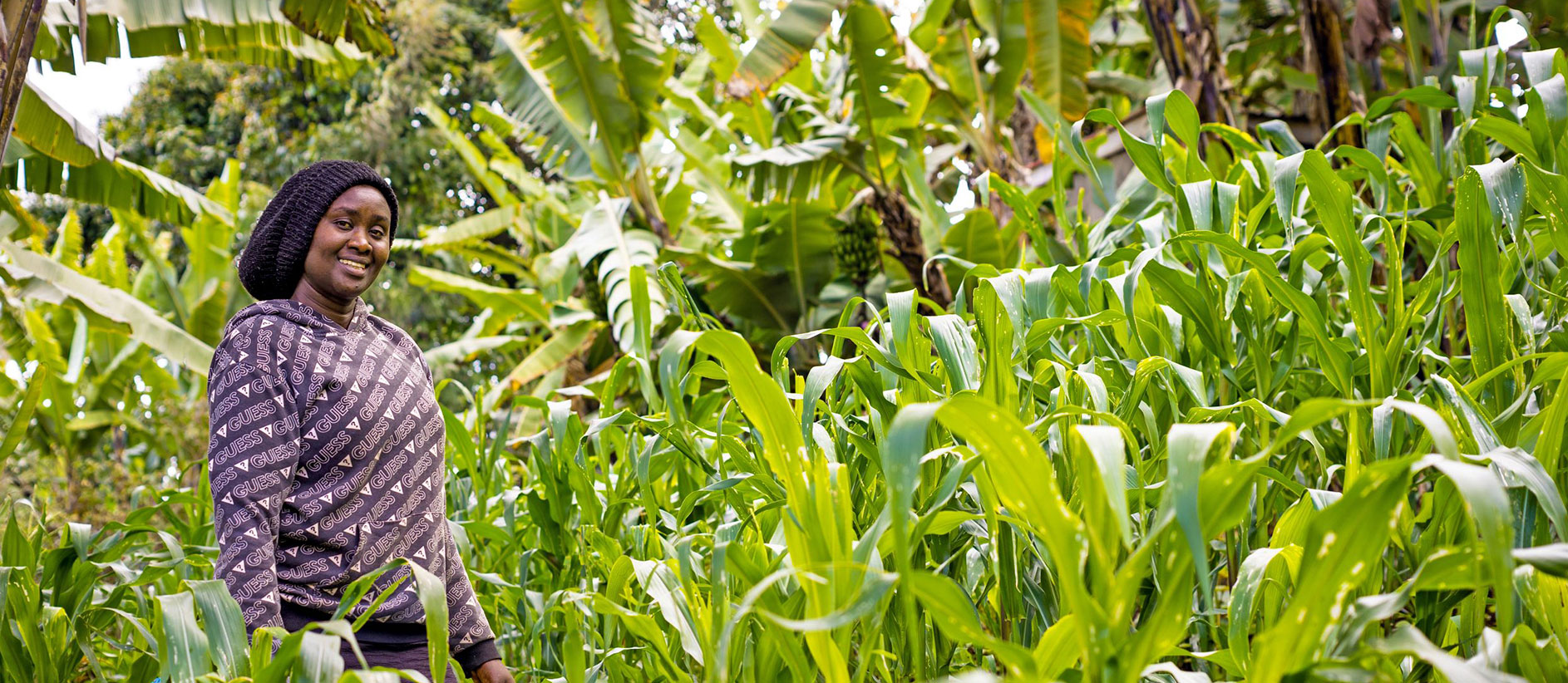In 2022, IFU contracted investments of DKK 1.5 billion, corresponding to a 50 per cent increase compared to 2021. This is stated in IFU’s annual report for the year 2022 that has been published today.
The investments were made within IFU’s strategic priority sectors, including green energy and infrastructure, sustainable food as well as financial services, and are expected to create a positive impact in the developing countries, by e.g. creating access to water and clean cooking as well as supporting small holder farmers in improving their livelihood.
“As a commercial impact investor, we are investing in companies that can create long-term impact in developing countries, as well as provide a financial return. The investments we have made in 2022 hold solid potential, and we are confident that they will support the green transition, contribute to sustainable development and generate profits,” said Michael Rasmussen, Chairman of IFU’s Board of Directors.
Recycling 25 million plastic bottles daily
DKK 100 million was invested in a recycling business in India enabling the company to recycle around 25 million plastic bottles on a daily basis and transform them into sustainable filament used in the textile industry. IFU also invested in a paper recycling business in Ecuador. Both investments were made with funding from Denmark’s Green Future Fund.
More than one third of the investments were made in Africa. This included a DKK 100 million investment in Spark+, which is an investment fund aiming at creating access to clean cooking for 4.5 million households in Africa. Thereby, open fires and charcoal will be substituted by more sustainable solutions, benefiting people’s health as well as reducing deforestation.
IFU also entered the water sector with an investment in the Water Access Acceleration Fund (W2AF) , which has the ambition to provide 20 billion litres of clean water to 30 million people, mainly in Africa and Asia.
SDG Fund assists 90,000 smallholder farmers in becoming organic producers
As fund manager, IFU invested more than DKK 600 million on behalf of the Danish SDG Investment Fund, which is backed by large Danish pension funds and private investors. The investment covered a renewable energy project in Brazil, a cement plant in Ghana reducing greenhouse gas emissions by around 20 per cent per ton cement produced, and an agribusiness company in India that is expected to support an additional 90,000 smallholder farmers in India, Uganda and the Philippines in becoming organic producers.
At year-end 2022, the Danish SDG Investment Fund had made total investments of DKK 2.7 billion. It is expected that an additional DKK 1 billion will be invested during 2023, marking the final new investments by the fund.
Strong focus on climate financing
Close to 90 per cent of the direct investments made in 2022 qualified as climate finance, thereby further strengthening IFU’s support to the green transition in developing countries. The current total installed renewable energy capacity by IFU’s portfolio companies was more than 2,500 megawatts producing a total of over 5,000 GWh annually.
IFU stands with Ukraine
IFU is one of the largest investors in Ukraine among the European Development Finance Institutions. During the year, IFU continued to support the portfolio companies in navigating through tough and difficult circumstances, as well as offering additional finance, to support their continued operations. With new funds provided by the Danish government in 2023, IFU has reopened for new investments in Ukraine.
A negative net financial result
IFU’s financial result was a net loss of DKK 57 million in 2022.
“Our result was heavily impacted by the Russian invasion of Ukraine that had a total negative contribution of DKK 298 million. If we disregard the development in the Ukrainian portfolio, the result would have been a profit of DKK 241 million, indicating that the remaining portfolio outside Ukraine performed satisfactorily,” said Torben Huss, CEO of IFU.
Read IFU’s annual report here

